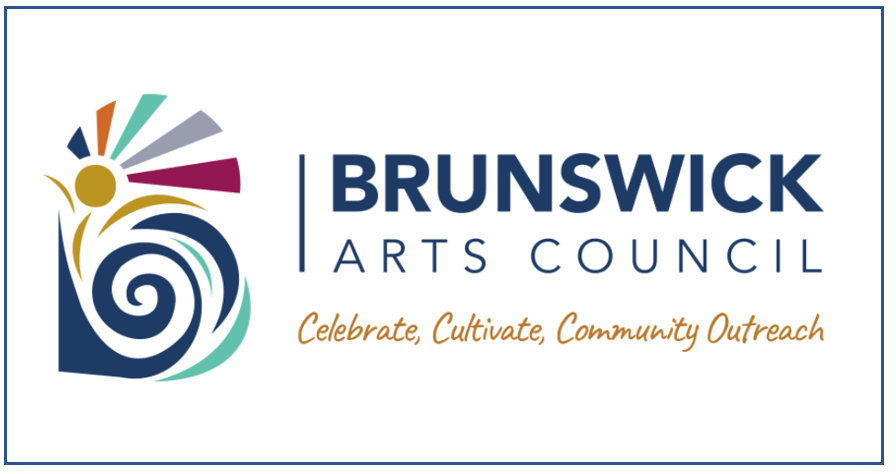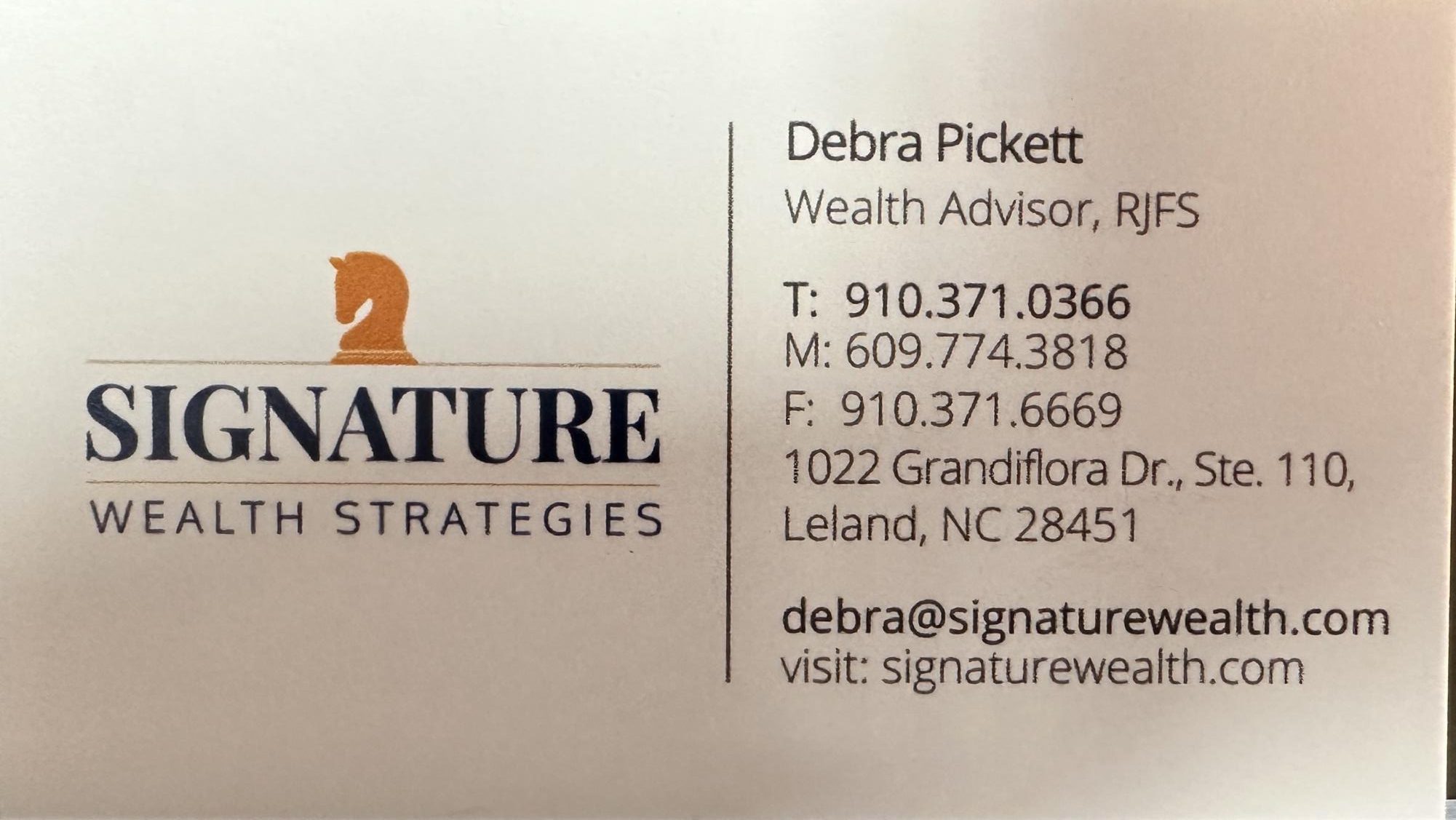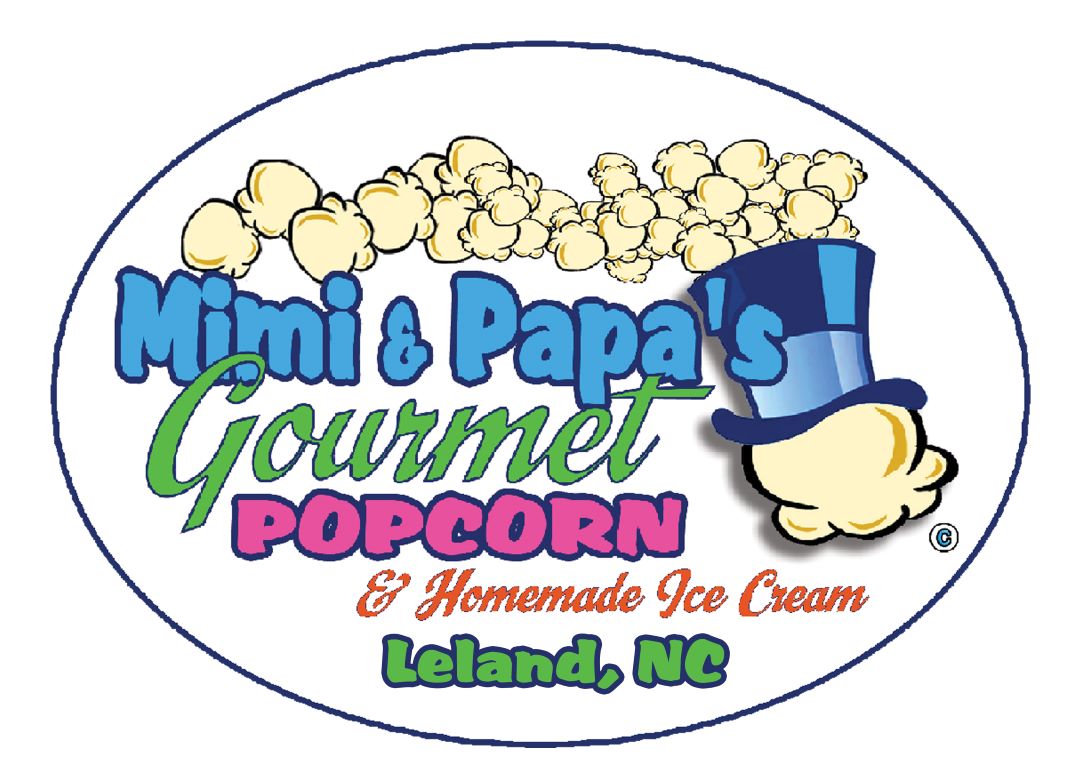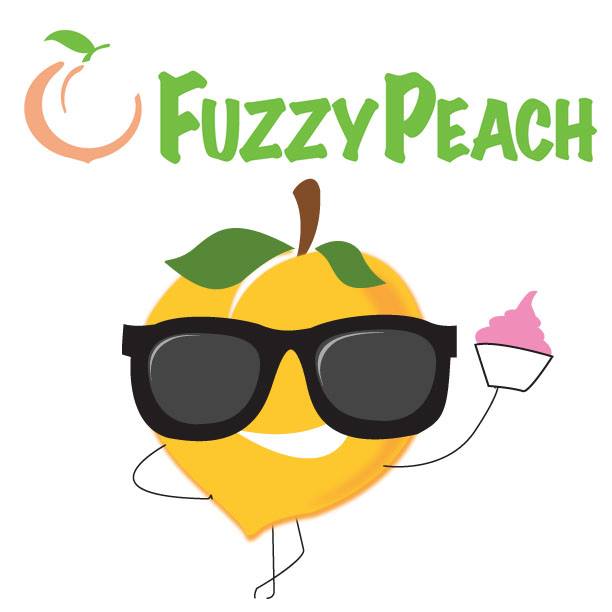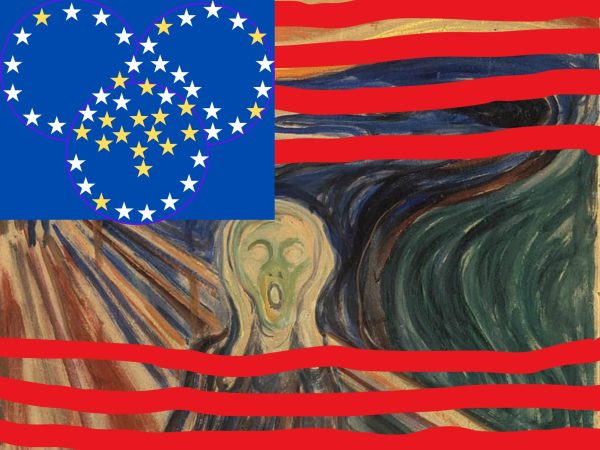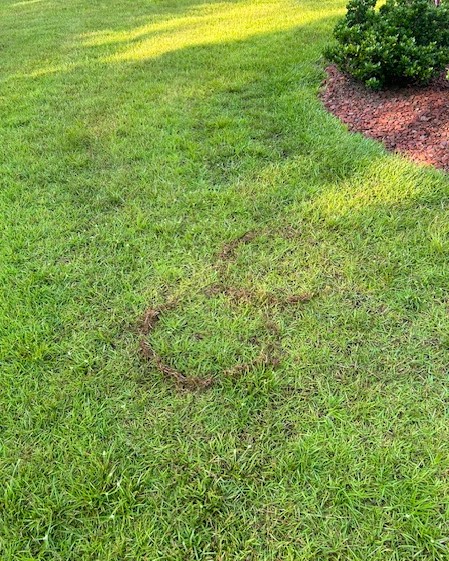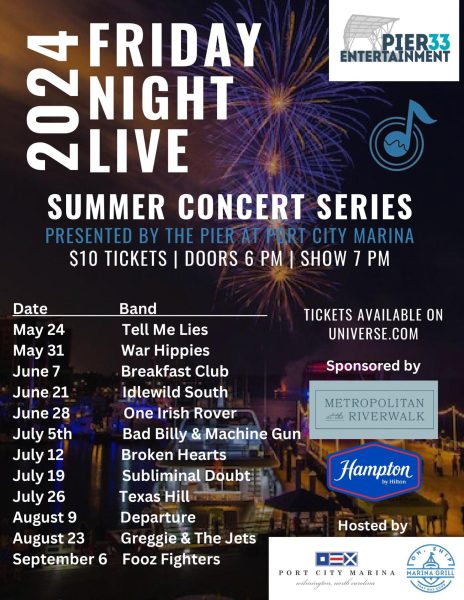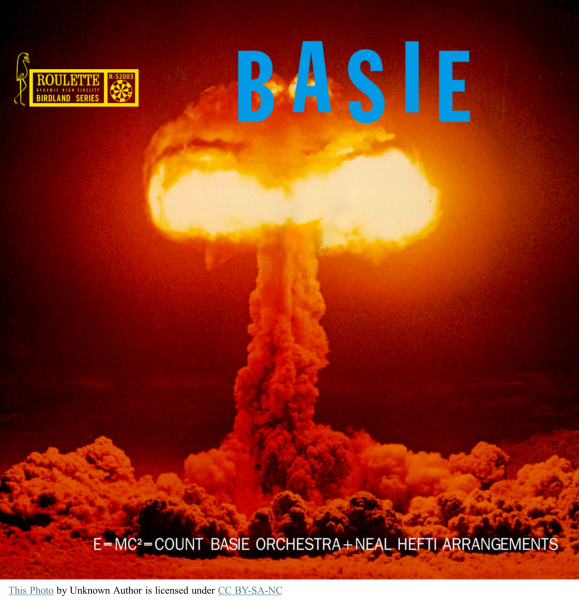Folks I’ve Met Along the Way
Red Skelton
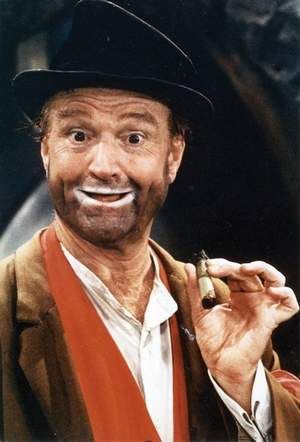
Freddie the Freeloader
July 31, 2022
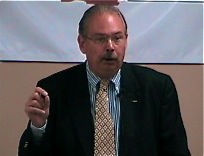
It was the early 80s, I was an Executive News Producer for KRON-TV, San Francisco’s NBC affiliate. Part of my responsibilities included oversight of our 4 p.m. broadcast, which kicked off a three-hour news blo
ck. That first hour was more of a magazine than a hard newscast. It was the broadcast where we did long interviews or long-form reports in a more laid-back fashion than the traditional television news show. And in San Francisco, those interviews were often with a never-ending stream of authors, political figures, local and state officials, entertainers, and actors. Every Hollywood type loved San Francisco and would spend time there, which was great for our 4 p.m. magazine. (San Francisco is the “Sara Lee” of cities; nobody doesn’t like San Francisco.)
Part of my job as the EP was to stop by the green room on a daily basis and welcome our guests and thank them for stopping by. This brought me into contact with so many giants in American mosaic and was a genuine thrill to be meeting folks I’d seen on TV growing up or whose books I’d read or campaigns I’d followed and even reported on.
One of the most memorable of those meetings was with Red Skelton, who was in town for some reason I’ve long forgotten. I said hello and confessed to being a lifelong fan. He responded with a smile and a warm handshake. We talked about the changing nature of television programming and how a show like the one he’d done in the 50s would have been so out of place in the emerging era of cop shows and hyper-produced sitcoms. I told him that our entire family watched his shows and that I doubted families did that any longer and lamented the loss.
“You know,” he volunteered, “I couldn’t do that show today because it would be too tame by contemporary standards. I had to play to a higher bar, I couldn’t use profanity, and my jokes had to work through innuendo and clean language. I’m not sure today’s comedians could conform to those rules. And believe me, that’s a harder road to travel.”
I believed him.
He added that he’d seen a lot of acts in Vegas over the years, had performed there often, and was saddened to see how profane and foul-mouthed the acts had become. He added that he would not cave into the modern trend and was happy to be at the end of a long career in film and TV rather than starting out.
I remembered a film he’d done when I was eleven or twelve; “The Clown.” I’d gone to the Saturday matinee at our neighborhood theater in the Pittsburgh suburb of Mt. Lebanon with Patty Miller, the girl who lived across the street. The movie ended with Skelton, the clown, dying of a heart attack as an inconsolable Tim Considine, his movie son, was taken away. The movie was over, the lights came up, and Patty was in tears. I joked about her crying in order to hold back my own tears. I wanted to ask him about that film when it became obvious I was holding up the producer and have often regretted not having had that particular conversation.
Red Skelton gave me lots to think about. Then and now. Ever since that long-ago conversation, I reflected at how we were then at the beginning of the coarsening of television entertainment, the increasing crudeness, and vulgarities that became commonplace in the medium. Gritty cop shows replaced the predictable “Dragnet.” Sit-coms that were sexually plot-based, Female actors playing cops were more vulgar than their male counterparts. Skelton was the epitome of a by-gone long-gone era, and at least I was able to spend a few moments of my life with one of the giants of the golden age of television. He gave all of us of a certain age some very happy memories.

